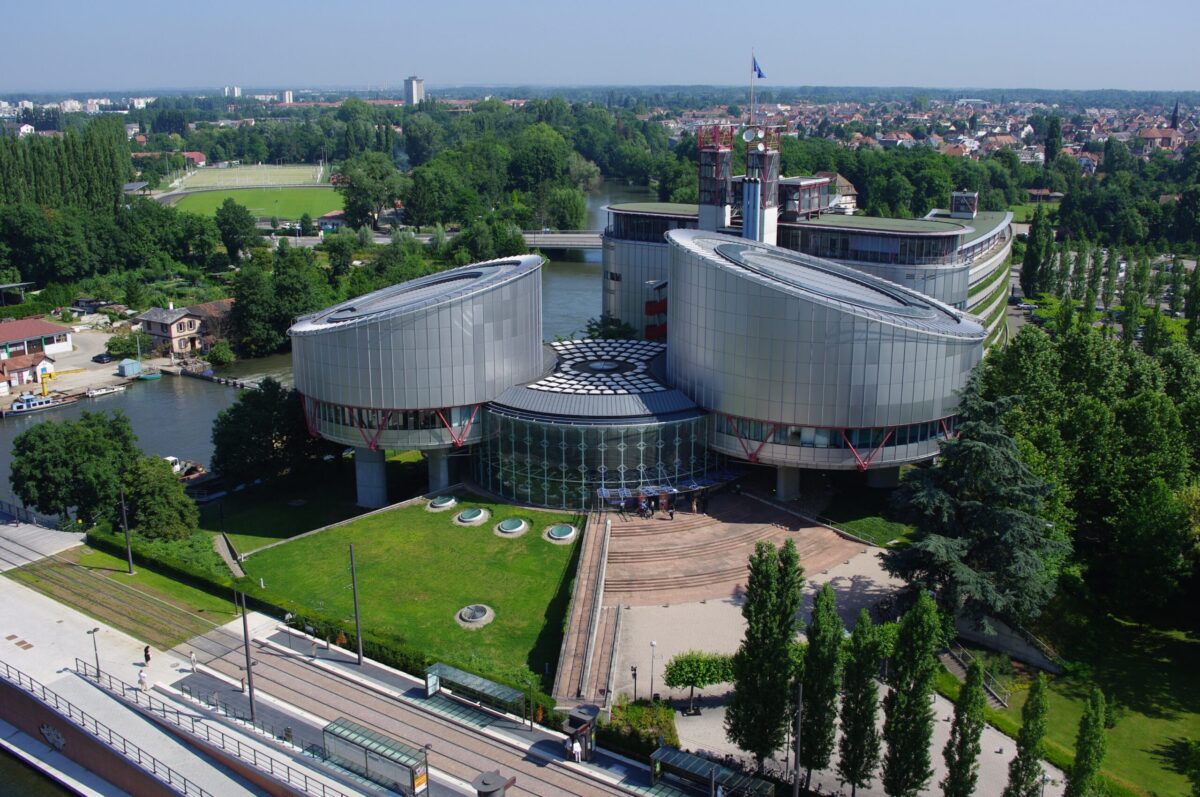The European Court of Human Rights (ECHR) has ordered Azerbaijan to provide a detailed report on the detention conditions and health status of 23 Armenian captives held in Baku, with a deadline set for November 4.
Siranush Sahakyan, head of the International Comparative Law Center and representative of the Armenian captives at the ECHR, stated that in July Azerbaijan requested the court to lift its obligation to submit the report. The court rejected this request following objections from the Armenian government and the prisoners’ representatives, reaffirming Azerbaijan’s duty to provide the information. She also noted that Azerbaijan had previously submitted false reports to Strasbourg regarding the detainees, making the Court’s renewed order especially significant.
Armenia continues to face the devastating aftermath of Azerbaijan’s 2020 war against Armenia and Artsakh (Nagorno-Karabakh). Between December 2022 and September 2023, Azerbaijan imposed a nine-month blockade of the Lachin Corridor—Artsakh’s only humanitarian lifeline—defying an International Court of Justice order to keep the road open and depriving the Armenian population of food, medicine, and essential supplies. In September 2023, Azerbaijan launched a final military assault on Artsakh, resulting in the ethnic cleansing and forced displacement of over 100,000 indigenous Armenians from their ancestral homeland.
In the days that followed, Azerbaijani authorities illegally arrested Artsakh’s top political and military leadership and transported them to Baku. Detainees include former Presidents Arkadi Ghukasyan, Bako Sahakyan, and Arayik Harutyunyan; former State Minister Ruben Vardanyan; Parliament Speaker Davit Ishkhanyan; former Foreign Minister Davit Babayan; former Defense Minister Levon Mnatsakanyan; and former Deputy Commander of the Defense Army Davit Manukyan, among others. They face fabricated charges that could lead to life imprisonment. Their sham trials began in Baku in January 2024 following months of pre-trial detention.
The 23 Armenian detainees have reportedly been held in complete isolation for nearly three months, with no independent international organizations granted access. Their physical and psychological condition remains unknown. Representatives of the International Committee of the Red Cross (ICRC) last visited the captives in June. However, the ICRC was forced to end its mission in Azerbaijan on September 3 following demands from the Azerbaijani authorities, leaving the prisoners without international monitoring.
Sahakyan revealed that some of the prisoners told relatives during earlier phone calls that they had attempted suicide. She declined to identify them but confirmed they did not include any of the eight former political and military leaders of Artsakh currently standing trial in Azerbaijan.
As of now, at least 23 confirmed Armenian prisoners of war and civilian detainees remain unlawfully imprisoned in Azerbaijan, including 16 captured during the September 2023 forced exodus. These individuals have now spent nearly a year in Baku prisons as hostages of Azerbaijan’s ongoing campaign of military aggression and ethnic cleansing.
Independent reports also document the systematic destruction of Armenian cultural and religious heritage in territories under Azerbaijani control. Sahakyan emphasized that beyond the 23 acknowledged detainees, several dozen other Armenian captives remain forcibly disappeared. Fact-finding work by rights defenders has documented at least 80 cases of enforced disappearance, though the actual number may be higher. According to Sahakyan, some captives were executed, with their bodies returned to the Armenian side, while others vanished entirely, with no independent body able to verify their status.


